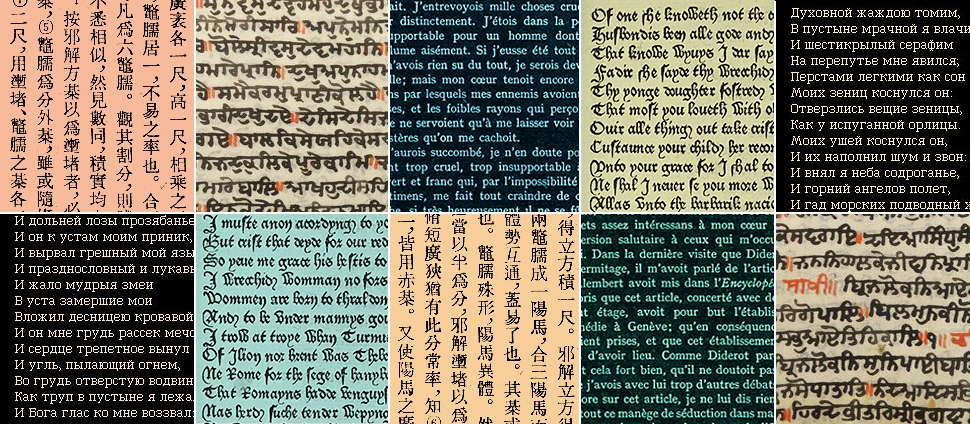
Gendered Violence and Narrative Erasure: Women in Athol Fugard's Tsotsi and Gavin Hood's Tsotsi
Files
Preview

Publication Source
Gendered Violence and Human Rights in Black World Literature and Film
Inclusive Pages
26-42
Publisher
Routledge
City
Abingdon, Oxon ; New York, NY
Document Type
Book Chapter
Description
This chapter focusses on Athol Fugard’s novel, Tsotsi, written around 1959 as a direct response to the forced removal and destruction of the predominantly black township of Sophiatown, and Gavin Hood’s 2005 adaptation of the novel into a successful, award-winning film which, as some critics have argued, intervenes, or perhaps more appropriately participates, in contentious public debates in post-1994 South Africa. I read both the novel and film as Bildungsroman. In both the novel and film, the subjectivity of women is erased, violence against them normalised, and rights-bearing black citizenship bestowed to men. Thus, the normative (and affirmative) ideologies of the genre to which both texts conform neither imagine women as rights-bearing citizens nor elevate the violation of women’s bodies into the realm of human rights.
This book investigates how the intersection between gendered violence and human rights is depicted and engaged with in Africana literature and films. The rich and multifarious range of film and literature emanating from Africa and the diaspora provides a fascinating lens through which we can understand the complex consequences of gendered violence on the lives of women, children and minorities. Contributors to this volume examine the many ways in which gendered violence mirrors, expresses, projects and articulates the larger phenomenon of human rights violations in Africa and the African diaspora and how, in turn, the discourse of human rights informs the ways in which we articulate, interrogate, conceptualise and interpret gendered violence in literature and film. The book also shines a light on the linguistic contradictions and ambiguities in the articulation of gendered violence in private spaces and war. This book will be essential reading for scholars, critics, feminists, teachers and students seeking solid grounding in exploring gendered violence and human rights in theory and practice.



Comments
Chapter 2 in: Gendered Violence and Human Rights in Black World Literature and Film, eds. Obioma Nnaemeka, Naomi Nkealah